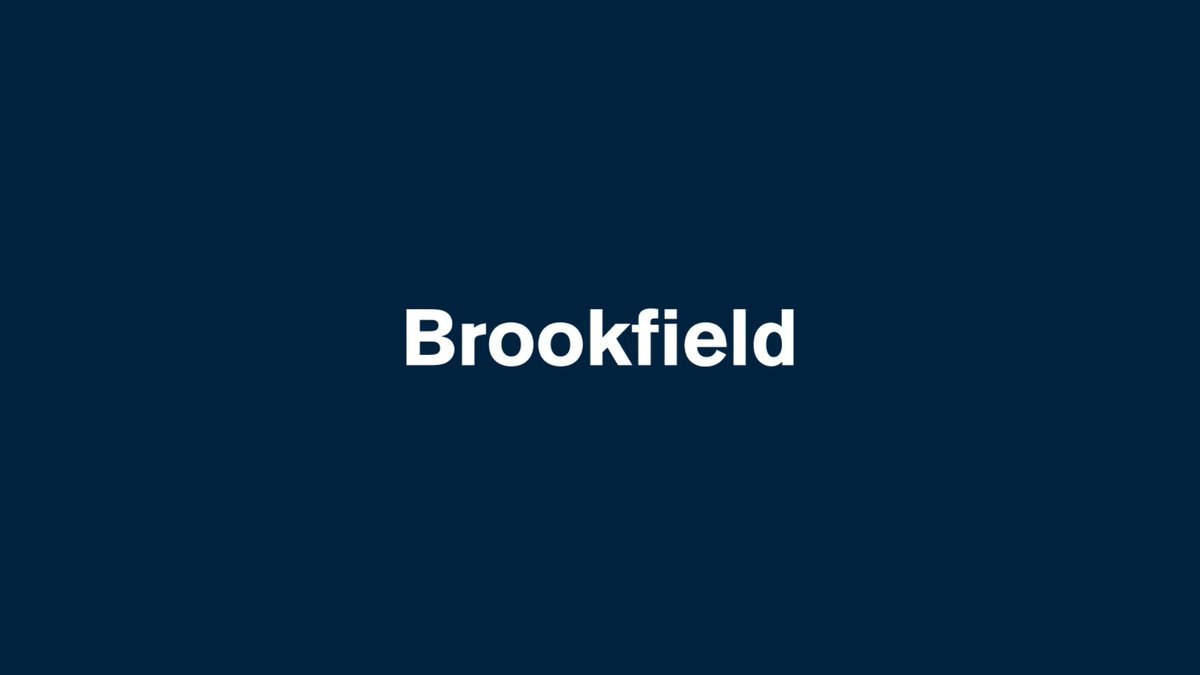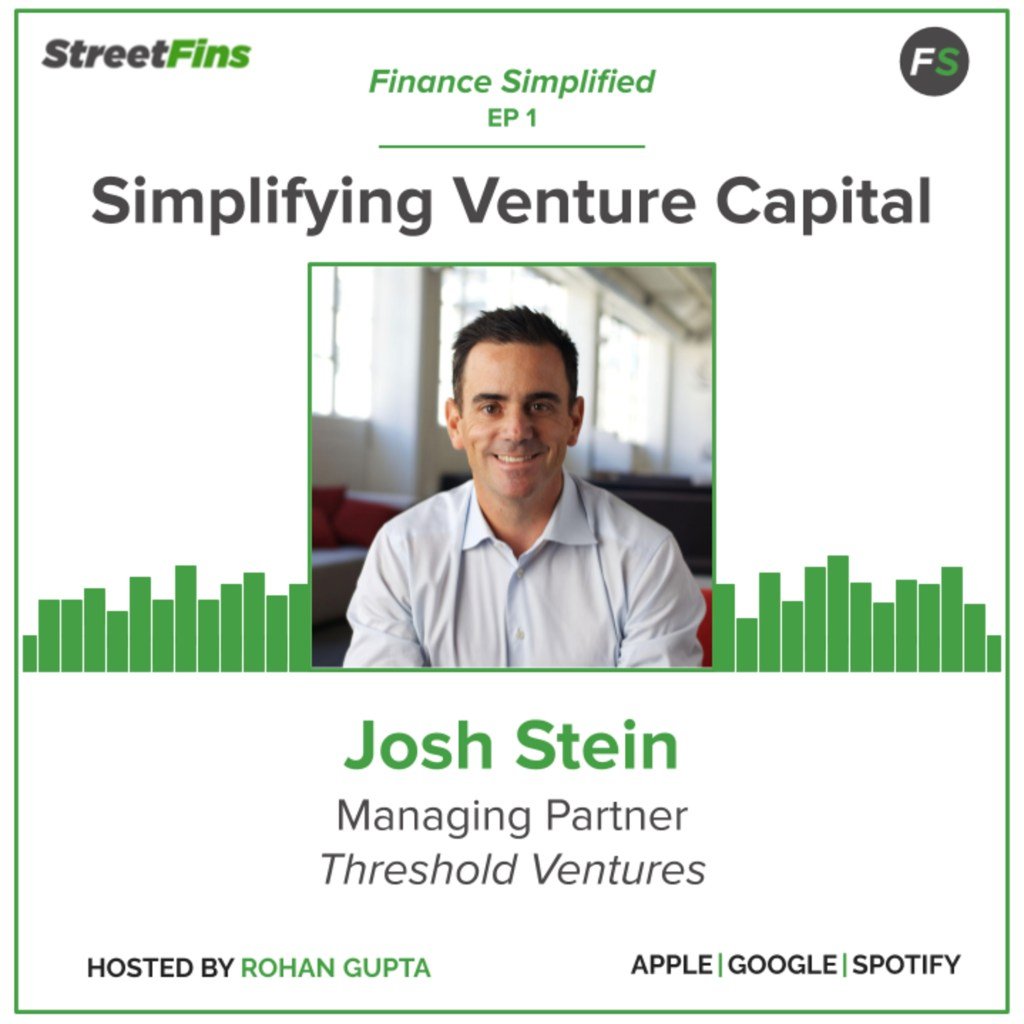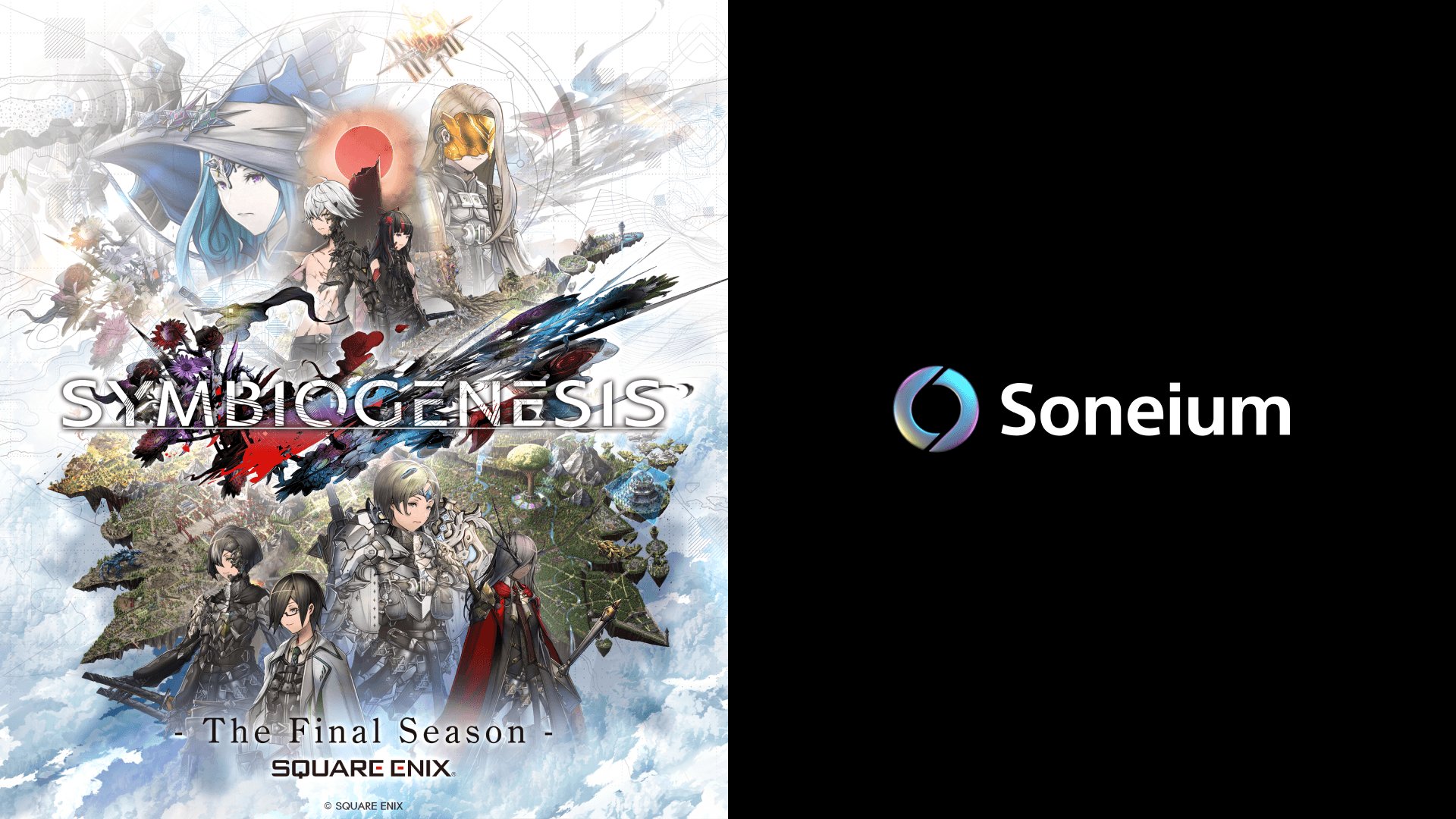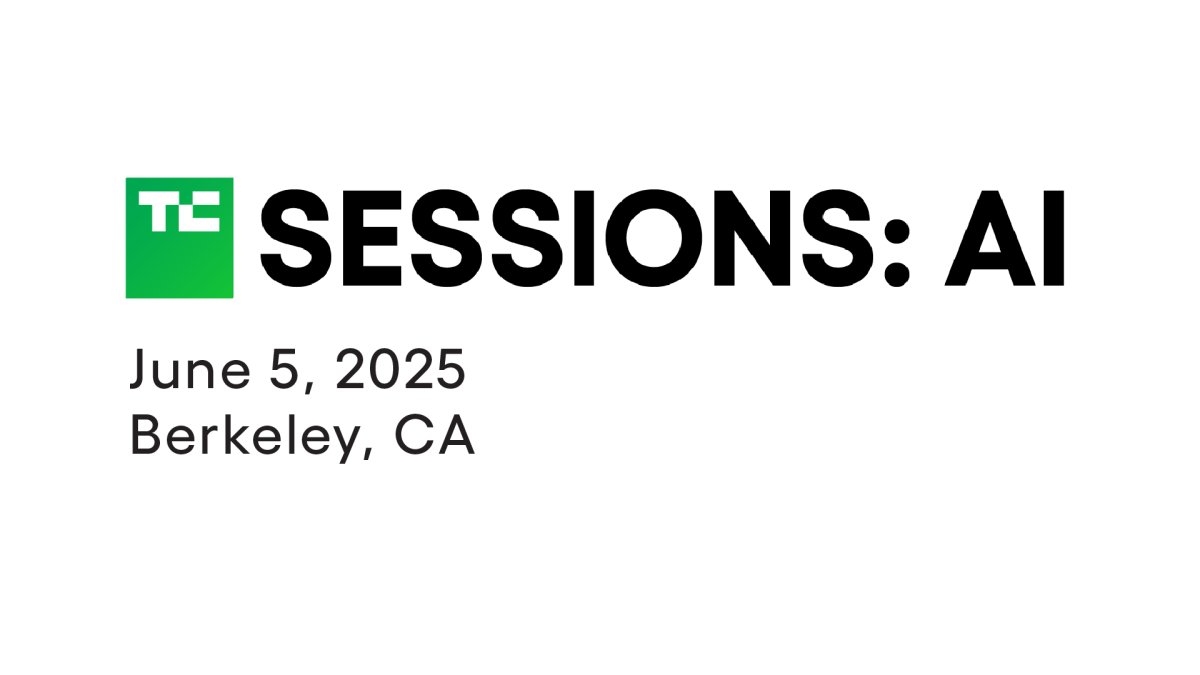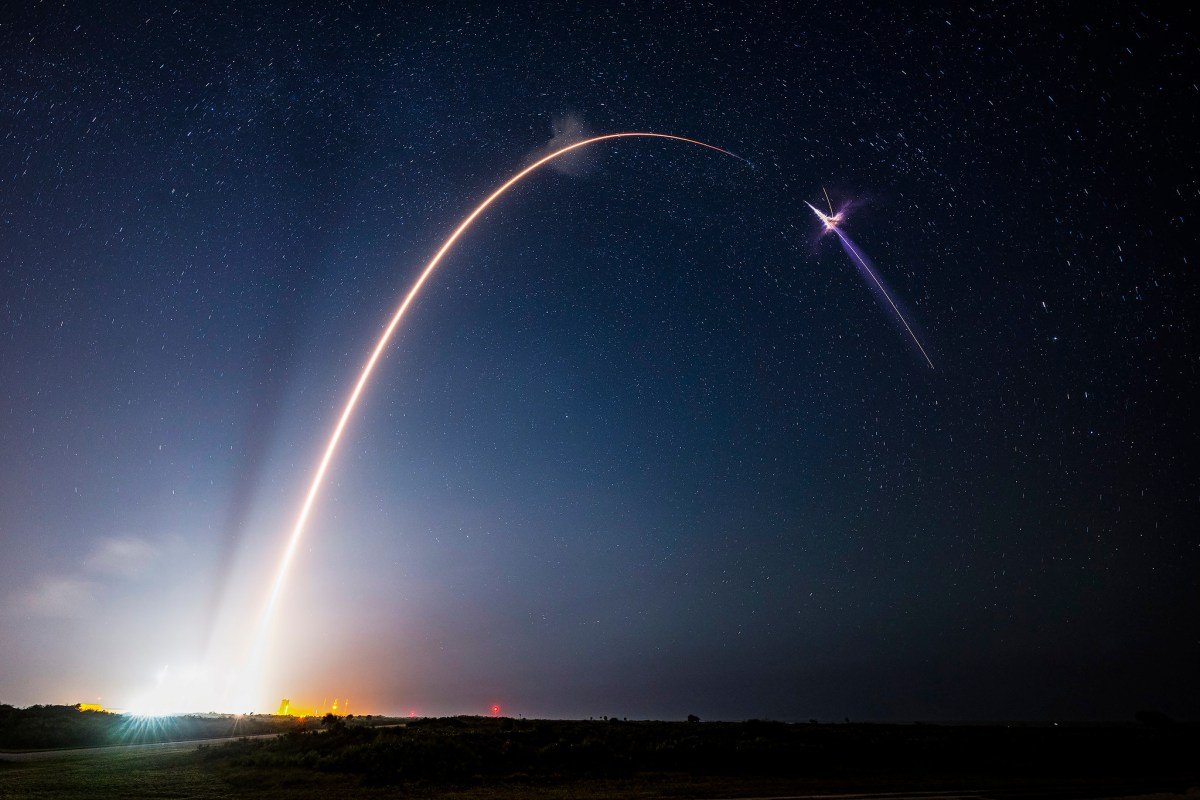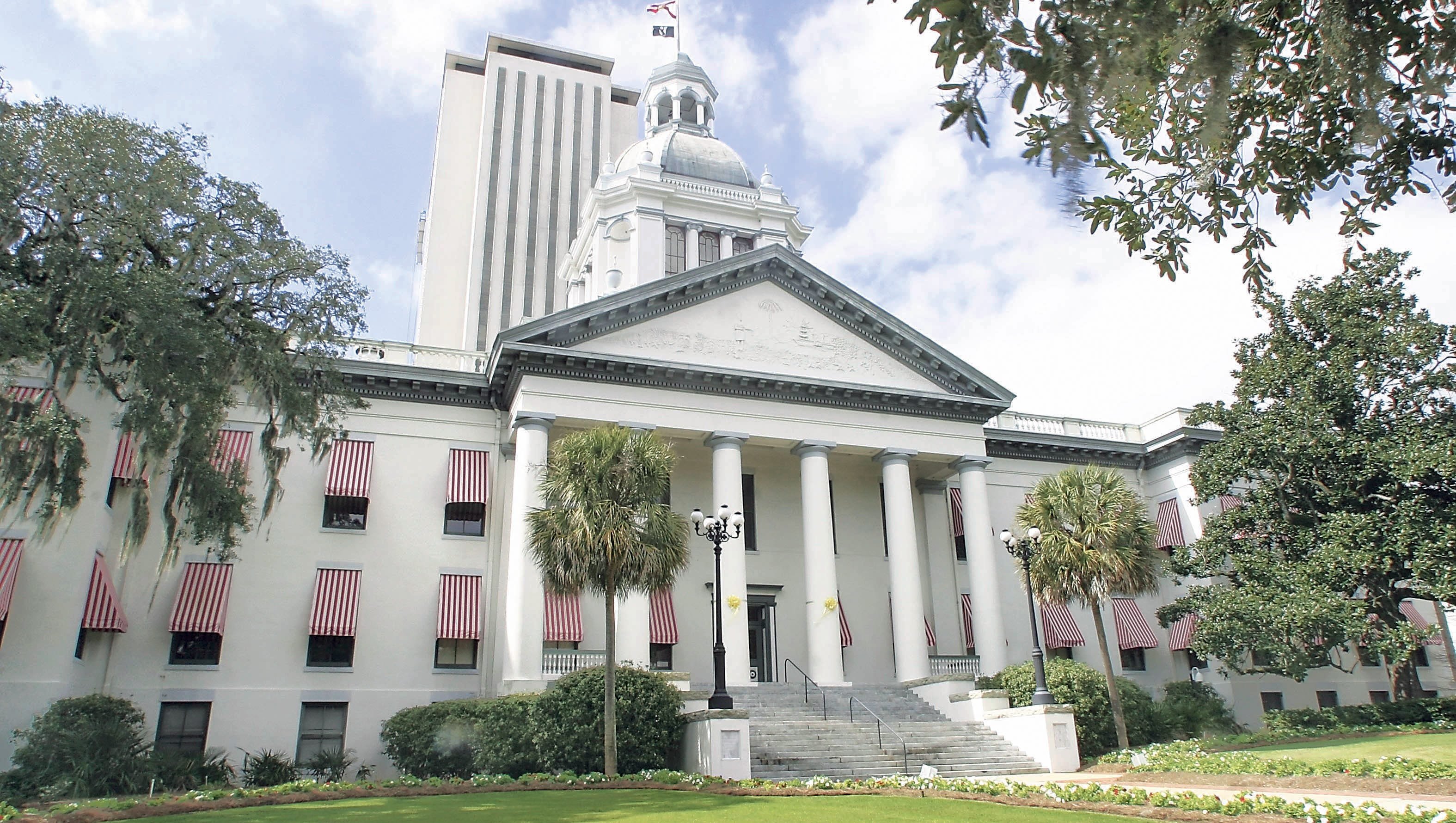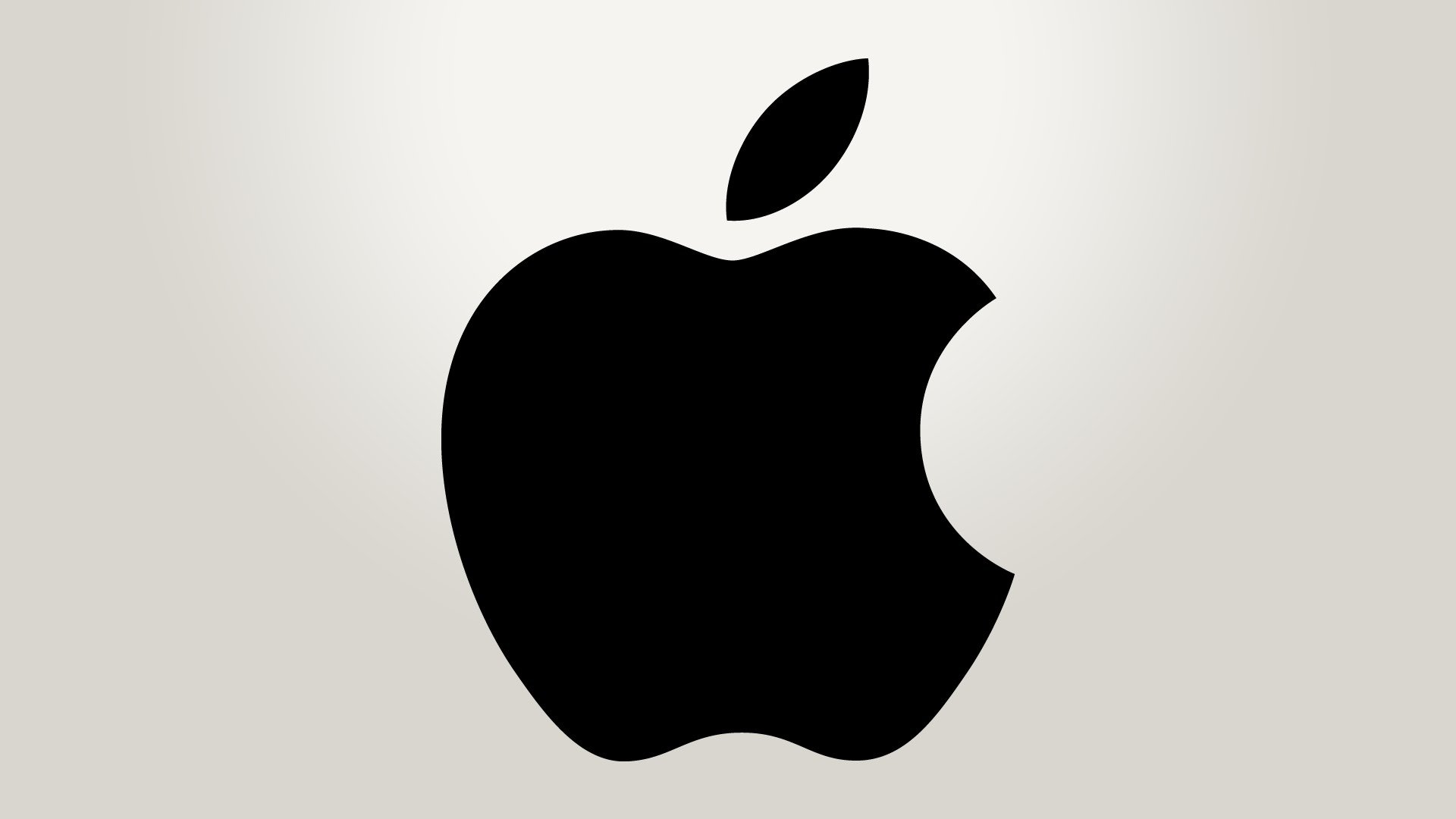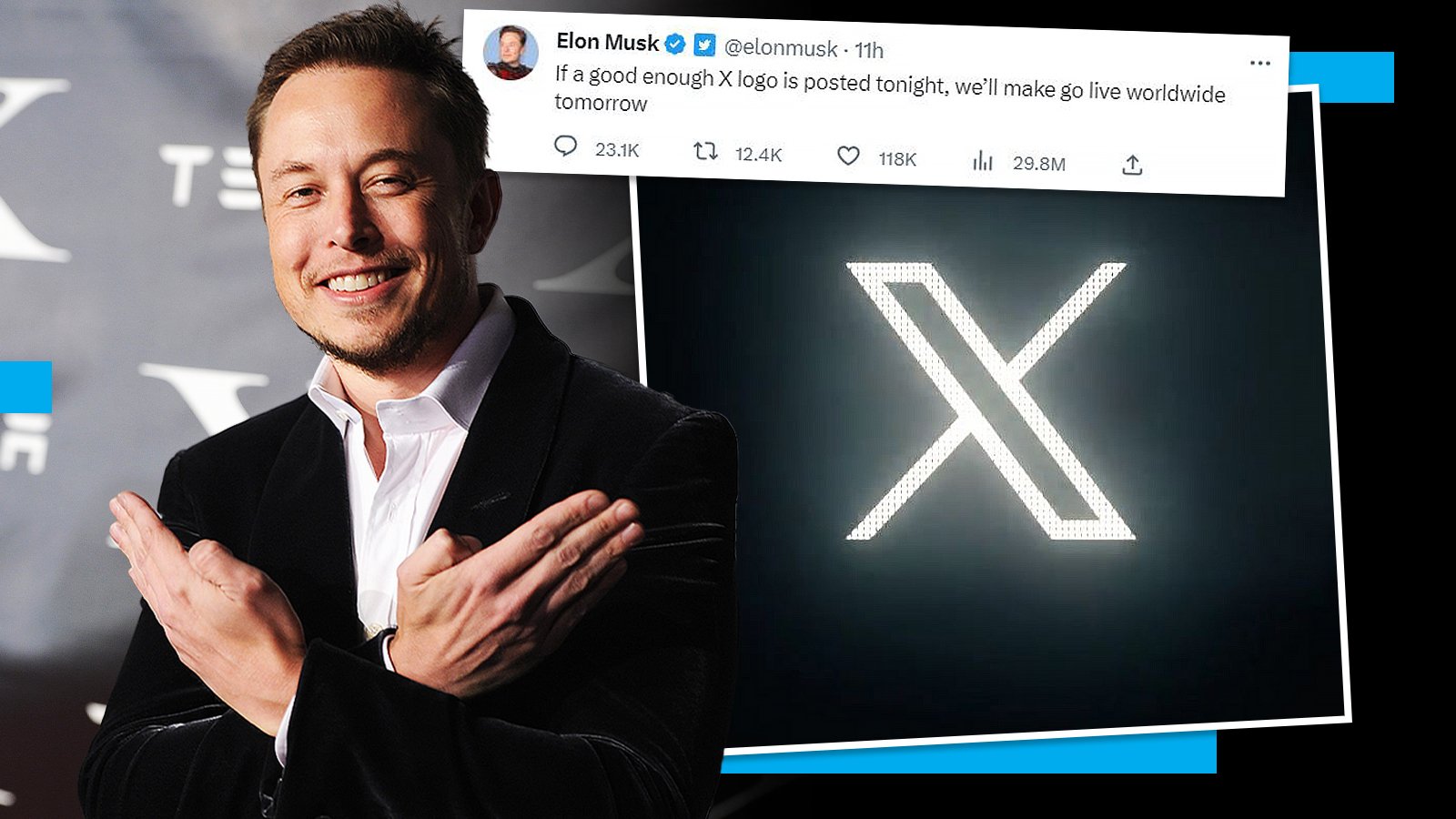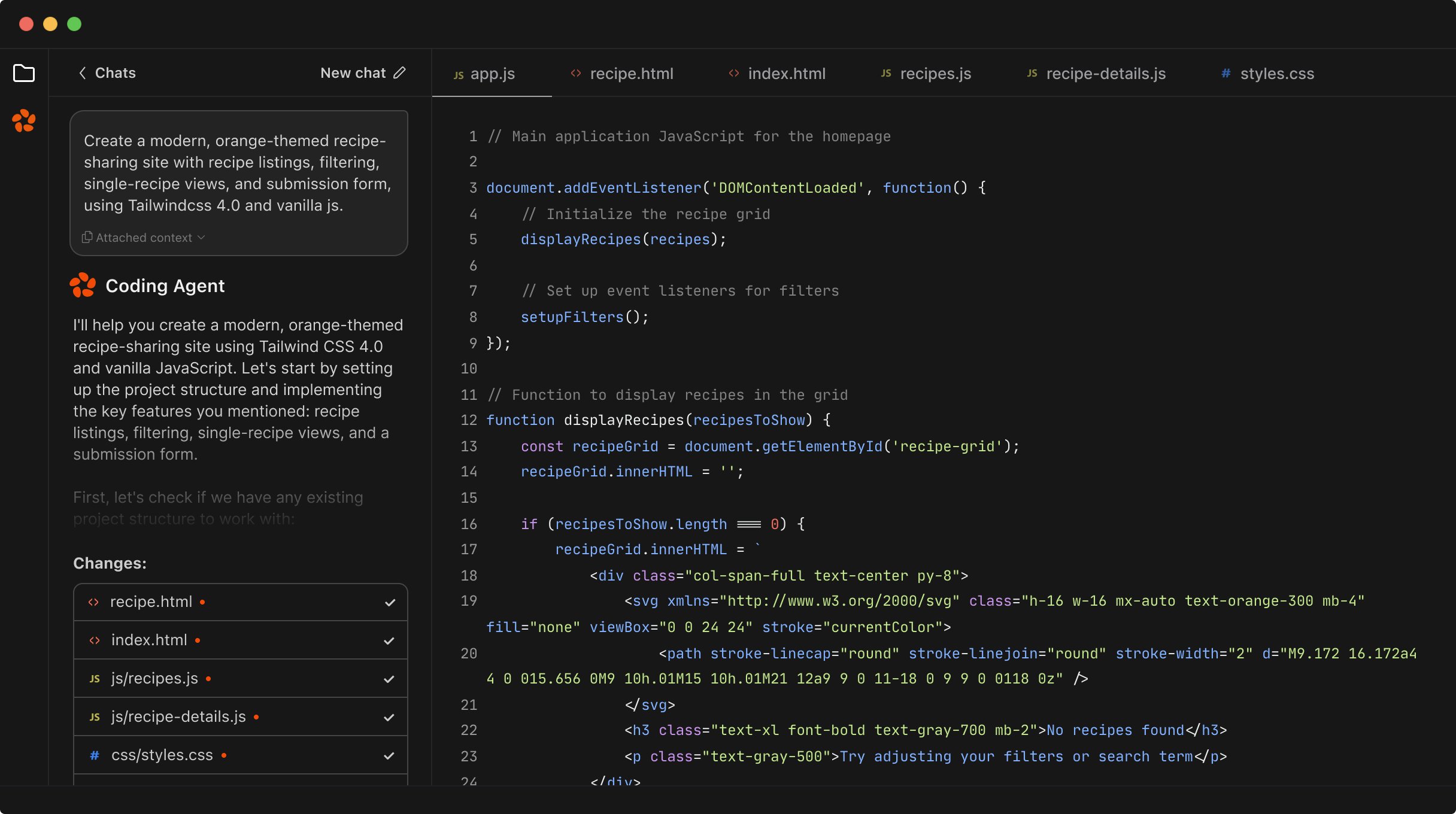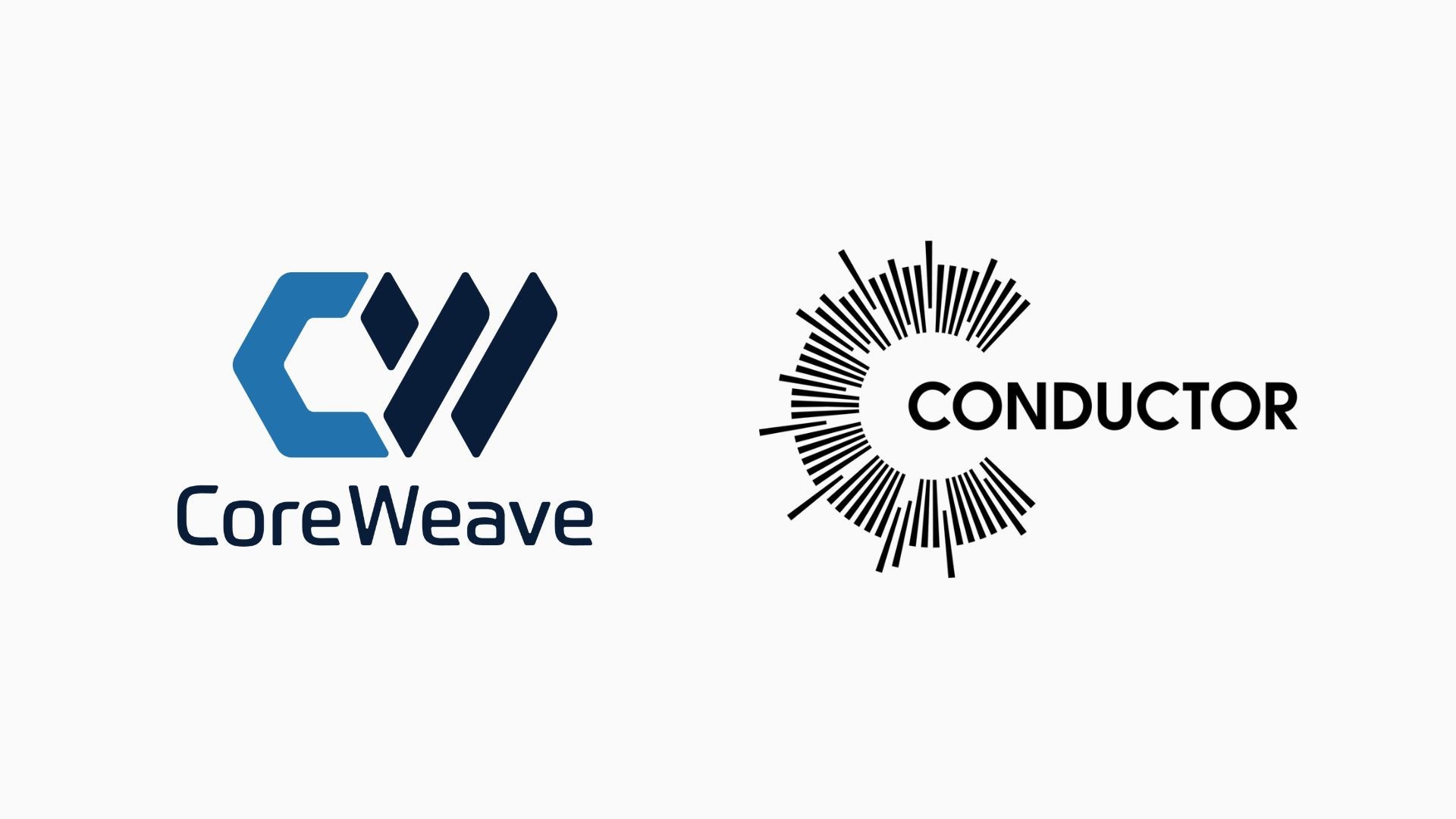Josh Raffaelli, once a leading figure in tech investing and a notable backer of several Elon Musk startups, has filed a lawsuit against his former employer, Brookfield Asset Management. The suit, filed in early May 2025, comes just months after Raffaelli was fired following his whistleblower complaint about Brookfield’s handling of pandemic-era real estate losses. His decade-spanning career, including high-profile investments in Musk companies, sets the stage for a dramatic dispute between a major VC player and one of the largest asset management firms in the world. This case raises questions about corporate governance, loyalty in venture partnerships, and the inner workings of the financial giants behind Silicon Valley’s icons.
This legal battle has quickly drawn attention as Raffaelli’s suit contains serious allegations such as fraud and bribery. Meanwhile, Brookfield has firmly denied all claims. The public nature of this fight marks a rare look at high-level conflicts rarely seen outside boardrooms, with both Musk connections and billions in assets at stake.
Who Is Josh Raffaelli?
Josh Raffaelli is a seasoned venture capitalist recognized for his investments in some of Silicon Valley’s most promising companies. He began his career at the respected VC firm Draper Fisher Jurvetson (DFJ), where he became known for his sharp evaluation of tech startups and his ability to spot winners early. Later, he moved on to a major role at Brookfield, a global asset management giant overseeing trillions of dollars.
At DFJ, Raffaelli helped make key investments in Elon Musk’s companies, including SolarCity (later bought by Tesla), SpaceX, and Tesla itself. This put him at the center of the explosive growth of Musk’s enterprise empire. He built a reputation as a trusted link between big capital and ground-breaking innovation, translating bold visions into investment returns for limited partners.
By the time he joined Brookfield, Raffaelli’s network in Silicon Valley included some of the most influential founders and technologists. His deep knowledge of technology markets earned him the trust to run Brookfield’s venture capital wing. That platform allowed Raffaelli to pursue larger and more ambitious deals, further intertwining his name with the future of Musk’s projects.
He is known for being both analytical and deeply involved in the companies he backs. Raffaelli’s career trajectory has closely tracked the rise of key figures in tech, positioning him as a critical player in the ongoing business battles of the 2020s.
His abrupt removal from Brookfield earlier in 2025 shocked many in the venture world, given his track record and the strong relationships he maintained with headline-making founders.
Brookfield’s Venture Capital Moves
Brookfield Asset Management is best known for its real estate, infrastructure, and private equity holdings, but in recent years it sought a significant role in high-growth technology investing. The firm assembled a venture capital team led by Raffaelli, aiming to bring institutional muscle to the tech sector. Their strategy included backing both early-stage unicorns and established disruptors closely tied to Silicon Valley’s elite.
Brookfield’s VC arm was behind several deals involving companies associated with Elon Musk. Most notably, the firm played a pivotal part in helping finance Musk’s dramatic takeover of Twitter in 2022. Their involvement provided both capital and credibility at a time when the future of the platform was uncertain. According to the New York Times, Raffaelli’s unit was expected to buy more shares in Musk-owned companies than it did, creating friction between him and Brookfield leadership.
The venture unit’s growth ambitions included high-profile negotiated rights to invest in SpaceX, xAI, and the Boring Company. This aggressive posture was seen as a hallmark of Brookfield’s shift from traditional assets into dynamic sectors like AI, private space, and clean energy. Raffaelli’s connections and dealmaking skills were central to this strategy.
Brookfield’s eventual decision to shutter the venture arm in February 2025 marked a surprising reversal – especially given the headlines generated from Musk-related deals. The move corresponded with an internal reevaluation of risk and asset allocation, and led directly to the events described in the lawsuit.
The SEC Whistleblower Complaint
Josh Raffaelli’s explosive legal claims began with a whistleblower complaint he filed with the U.S. Securities and Exchange Commission (SEC). This occurred during a period when the real estate market was roiled by the fallout from the COVID-19 pandemic. According to the lawsuit, Raffaelli alleged that Brookfield used questionable accounting practices to minimize or conceal pandemic-linked losses in its real estate division.
His complaint argued that these practices could mislead regulators and investors about the real risks facing Brookfield’s sprawling property investments. Filing such a report to the SEC is a protected act, intended to expose potential wrongdoing without fear of retaliation. However, Raffaelli’s dismissal followed soon after his filing, leading to further claims of retaliatory firing, which is strictly prohibited by most whistleblower protection laws in the U.S.
The whistleblower issue has become a central part of his case, framing the dispute not only as a normal employment squabble but as an example of a major financial player silencing internal critics.
Raffaelli’s lawyers have argued that whistleblowers should be protected from job loss when raising issues of public interest like fraud or bribery. The case will likely set important precedents for whistleblower rights within the venture capital and broader finance sector.
Raffaelli’s Allegations Against Brookfield
In his lawsuit, Raffaelli accuses Brookfield of firing him in response to his SEC whistleblower complaint. His allegations go further, stating that Brookfield engaged in fraudulent behavior and even bribery in the course of managing its tech investments.
One core grievance is that Brookfield failed to honor commitments to buy stock in Musk’s rising ventures. Raffaelli claims he had already struck deals to allow Brookfield into rounds for SpaceX, xAI, and the Boring Company, but that the company ultimately invested less than promised or pulled out entirely. This is significant because gaining access to Musk’s companies is often highly competitive and can drive returns for institutional funds.
The suit also accuses Brookfield of mishandling the process of shutting down its VC operation, including how assets and investment rights were transferred or terminated. Raffaelli argues these actions not only hurt his own career but also deprived Brookfield’s investors of valuable opportunities.
Among the most serious points are allegations of internal fraud and improper incentives, with the complaint suggesting that Brookfield executives may have used fraudulent reporting to cover mismanagement or boost their own compensation. Brookfield has flatly denied all of these claims.
These allegations are being watched closely by others in the finance world, given Brookfield’s standing and the implications for whistleblowers and governance across the industry.
Also Read
Square Enix Symbiogenesis Expands on Sony Soneium Blockchain
Brookfield’s Response to the Lawsuit
Brookfield Asset Management has responded to Raffaelli’s claims by denying all allegations of wrongdoing. The company stated to the press and to the New York Times that its actions were appropriate and that Raffaelli’s firing was not connected to the SEC complaint.
Brookfield maintains that the decision to roll its venture capital assets into another unit and end the division was made for business reasons, unrelated to the specific concerns raised by Raffaelli. The company argues that these strategic choices reflected a broader reassessment of risk and market focus, amid the sometimes unpredictable outcomes of venture investments.
In official filings, Brookfield condemned what it called unfounded accusations of fraud or bribery and emphasized its record of compliance with financial regulations. A spokesperson reiterated, “Brookfield operates at the highest standards and will vigorously defend itself in court.”
Internally, the company has avoided publicly discussing details of the whistleblower complaint, likely due to ongoing legal risk. Brookfield’s leadership aims to reassure investors and partners as the case unfolds. The outcome could have ripple effects on how large asset managers respond to internal dissent and risk management disclosures.
Also Read
Last Chance to Exhibit at TechCrunch AI Sessions at Berkeley
Investing in Musk Companies: The Backstory
Josh Raffaelli’s involvement in high-profile deals with Elon Musk’s companies helped him stand out in the hypercompetitive world of technology investing. Starting at DFJ, he participated in funding rounds for bold ventures like SpaceX, SolarCity, and Tesla. These early bets paid off handsomely and built his reputation as a go-to capital partner for complex tech projects.
Raffaelli’s track record spurred Brookfield to give him the reins of their newly established venture capital group. His insight and access opened the door for Brookfield to invest in key Musk enterprises, not just as a standard investor but often with privileged terms or substantial allocations.
The most notable of these was Brookfield’s participation in Musk’s high-stakes Twitter buyout. According to multiple reports, Raffaelli’s fund was one of the dominant outside backers of the deal. His ability to negotiate these investments cemented Brookfield’s status as a power player in tech and allowed its limited partners to join some of the most ambitious, headline-grabbing deals of the decade.
The lawsuit centers in part on disputes about how much of these investments Brookfield ultimately made. Raffaelli alleges that agreements to purchase more shares – for example, in SpaceX, xAI, and Boring Company – were not honored, which he argues was a lost opportunity for both him and his investors.
Also Read
Florida Encryption Backdoor Bill for Social Media Fails to Pass
The Shuttering of Brookfield’s Tech Unit
In February 2025, Brookfield made a quiet but far-reaching move by shuttering its entire venture capital division, the unit headed by Josh Raffaelli. This change, as first reported by Bloomberg, involved rolling some of the unit’s remaining assets and responsibilities into other investment groups within Brookfield.
This restructuring meant that future investments in Musk companies and other technology startups would be handled differently, if at all. The decision surprised many, as Brookfield’s bold approach through Raffaelli’s group had given the firm a level of access to Silicon Valley rarely achieved by such a large asset manager.
For employees and deal partners, the shutdown created uncertainty and became a focal point of the lawsuit. Raffaelli argues that the closure was not purely a strategic or market-driven decision, but was instead retaliatory and shaped by internal politics stirred up by his whistleblower complaint.
The move also raised broader questions about whether large institutional financial firms are well suited to the fast-moving, sometimes opaque world of venture capital, especially when linked to personalities and companies as prominent as Elon Musk.
Also Read
Apple’s New Chips Target Smart Glasses, Macs, and AI Hardware
Elon Musk Ties: SpaceX, Tesla, and xAI
Few investors have been as consistently involved with Elon Musk’s companies as Josh Raffaelli. Through roles at DFJ and Brookfield, he has invested in almost every major Musk startup, including SpaceX (private space), Tesla (electric vehicles and clean energy), and the more recent AI project, xAI. These connections placed Raffaelli at the center of bold, high-risk, high-reward undertakings.
Brookfield’s alignment with Musk’s vision gave the company access to some of the world’s most valuable private tech deals at a time when only deep-pocketed, well-connected investors could participate. They helped finance not just research and expansion for these firms, but also major corporate moves like the $44 billion Twitter acquisition.
The ongoing relationship provided unique advantages but also introduced complications. Investing in Musk companies is known for its volatility, with rapidly changing circumstances and evolving business models. Raffaelli’s skill set matched this environment – though it also carried heightened risk for Brookfield.
In his lawsuit, Raffaelli claims some of those risks were sidelined or ignored by Brookfield leadership, who later chose to limit or avoid further direct involvement, potentially undermining negotiated agreements.
Also Read
Widespread Timeline Issues Hit X as Users Report Outages
The Lawsuit’s Impact on Venture Capital
This lawsuit is making waves across the broader venture capital community. It highlights the tension between institutional asset managers and the riskier, less predictable world of technology investing. For years, traditional firms have sought to expand into VC, hoping to capture the outsized returns offered by startups and breakthrough companies.
Yet, as seen with Brookfield’s experience, such expansion can pose organizational and cultural challenges. The legal fight between Raffaelli and his former employer is likely to be closely watched by other asset managers contemplating their approach to tech and innovation investing.
If the court rules in Raffaelli’s favor – especially on retaliation or whistleblower grounds – it could embolden other insiders to speak out against company practices without fear of losing their jobs. It could also disrupt the flow of capital to rising industries if firms become overly cautious in their internal processes or investment committees.
Meanwhile, founders such as Elon Musk, who depend on large, coordinated investment partners, may face shifting funding landscapes if major firms pull back from high-stakes deals.
Also Read
Zen Agents by Zencoder: Team-Based AI Tools Transform Software Development
How this dispute is resolved could echo for years, affecting not just Brookfield and Raffaelli but the entire pipeline of venture funding into next-generation technology companies.
What’s Next for Brookfield and Raffaelli?
As of May 2025, the lawsuit is still unfolding. Both Raffaelli and Brookfield are preparing for what may be a drawn-out battle in court. Key questions for the months ahead include whether new evidence of fraud or retaliation will emerge and how the whistleblower complaint will be handled by the SEC and other authorities.
Raffaelli’s career is at a crossroads: if successful, he may regain his reputation and could potentially return to a leadership role at another investment firm, or even start his own. For Brookfield, the stakes go beyond a single lawsuit – how the company manages this controversy will influence its image among investors and the larger financial community.
The case may also signal a new era for accountability within the venture capital world, encouraging others to come forward with concerns if they feel procedures are not being followed. Institutional investors, meanwhile, may rethink how they structure partnerships with the venture community and evaluate risk in headline-grabbing deals.
This story is far from over. Its outcome could reshape standards and best practices for the world’s largest investors operating in high-tech and startup markets.
